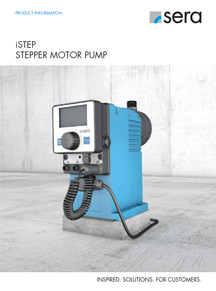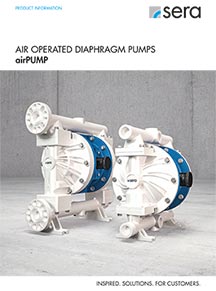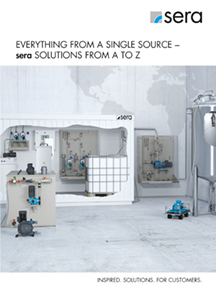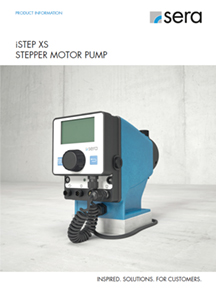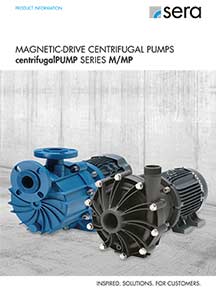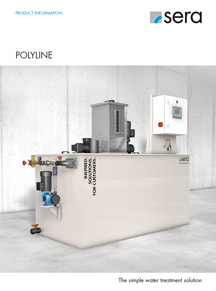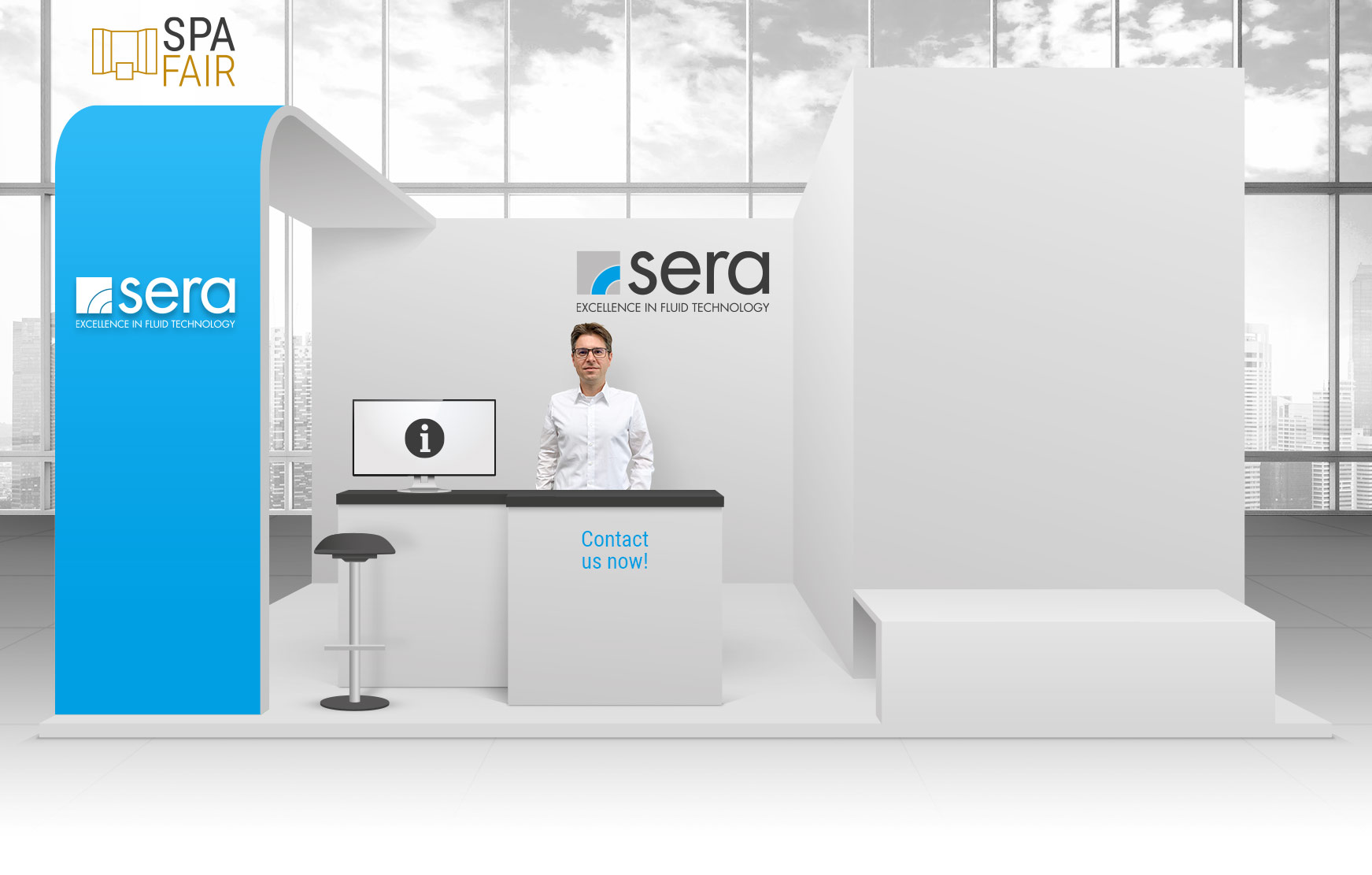
Pumps
- Digital Metering Pumps
- Diaphragm Metering Pumps
- Air Operated Double Diaphragm Pumps
Systems
- Modular Metering Skids
- (Polymer) Preparation Systems
- Customized Systems
since 1945
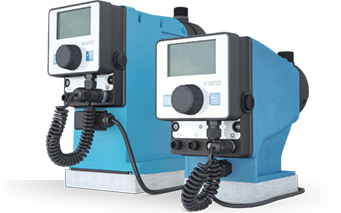
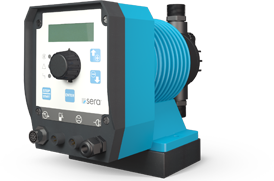
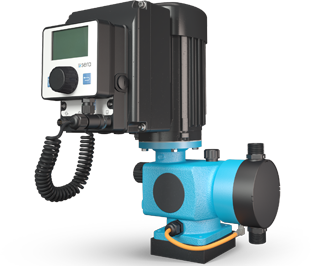
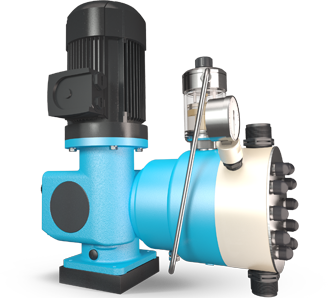
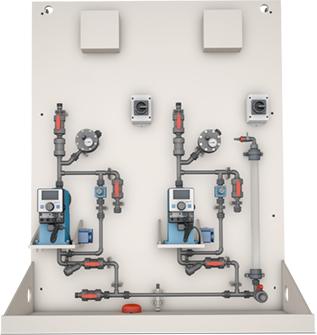
sera Group Image video
About sera
The sera Group is an independent family business company group. Their core competences, dosing and compressor technology are represented by sera ProDos and sera Hydrogen (before sera ComPress). As one of the worldwide leading German manufacturers of dosing and compressor technology sera provides efficient and optimal customized solutions for all applications and has been synonymous with quality, expertise, innovation, reliability and flexibility.
With their own companies, subsidiaries in different countries and a worldwide sales and service network with more than 30 foreign representatives in over 80 countries across all continents, sera offers an optimal customer support and service locally.
Technologies
Our product range
- Dosing Pumps
(Stepper Motor Pumps) - Dosing Systems
(Polymer Preparation Stations)

Contact sera
Company Contact:
sera ProDos GmbH
sera-Straße 1
34376 Immenhausen
Germany
Fon: +49 5673 999-00
Fax: +49 5673 999-01
Mail: info(at)sera-web.com
Web: www.sera-web.com
Personal Contact:
Mr. Oliver Rund
General Manager
Fon: +49 5673 999-02
Fax: +49 5673 999-03
Mail: sales.prodos(at)sera-web.com

